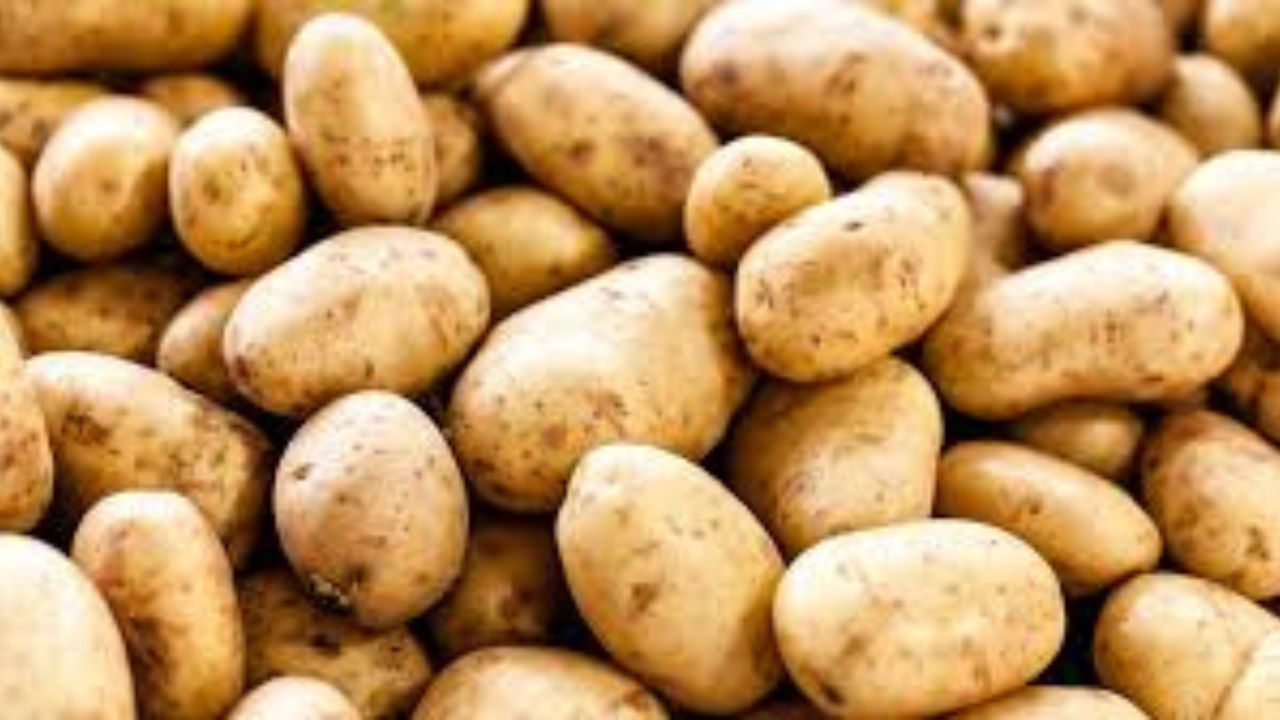 English
English

Fake potatoes are reportedly flooding markets, made from chemicals and flour to mimic real tubers. How can shoppers spot these dangerous imposters before buying? Simple tricks could protect your health and wallet- here’s what to look for.

Fake potatoes are being sold in markets
New Delhi: A growing number of reports indicate that fake potatoes are appearing in markets across the country. These tubers are often made using chemicals, flour, and artificial materials designed to mimic the look and texture of real potatoes. They are typically sold at prices comparable to genuine produce, making them hard for consumers to identify without careful inspection.
These counterfeit potatoes are especially common in urban wholesale markets, where bulk purchases often happen without detailed quality checks. The proliferation of fake tubers has raised concerns about both public health and economic loss for buyers.
Stay Vision-Healthy This Winter: Eye Care Habits For Pollution Season
Fake potatoes pose significant health risks because they lack nutritional value and may contain toxic substances. Unlike real potatoes, which provide vitamins, minerals, and fiber, counterfeit versions offer no nutritional benefits. Regular consumption can lead to digestive problems, nausea, and long-term organ damage, particularly affecting the liver and kidneys.
With the artificial materials used in these counterfeit tubers, there is a risk of cumulative health hazards if consumed frequently. Awareness and cautious purchasing are therefore crucial.
Consumers can take several precautions to avoid fake potatoes. Some of the common signs include:
Unnatural shine or color: Fake potatoes may appear overly glossy or have a uniform, artificial hue.
Lightweight or soft texture: Counterfeit tubers often feel lighter and softer than real potatoes.
Chemical-like odor: A strong artificial smell can indicate the use of chemicals.
Discoloration when cut: Real potatoes have a consistent color and texture inside, whereas fake ones may reveal powdery residue or unusual coloration.
Checking the texture, weight, and appearance carefully can help prevent accidental purchases.
Are You Overeating Dry Fruits and Seeds in the Name of Health?
Food safety authorities are increasing market inspections to curb the sale of fake potatoes. Vendors are being urged to source produce from verified suppliers and farms, and consumers are encouraged to remain vigilant while shopping. Awareness campaigns are also underway to educate the public about identifying counterfeit food items.
Purchasing potatoes from trusted retailers or local farms is the best way to ensure safety. Avoiding unusually cheap deals and inspecting produce carefully can protect both health and finances.
As counterfeit food becomes more sophisticated, vigilance in daily purchases is essential. Recognizing fake potatoes early can safeguard nutrition, prevent health risks, and ensure that only genuine, safe produce reaches the kitchen.
No related posts found.